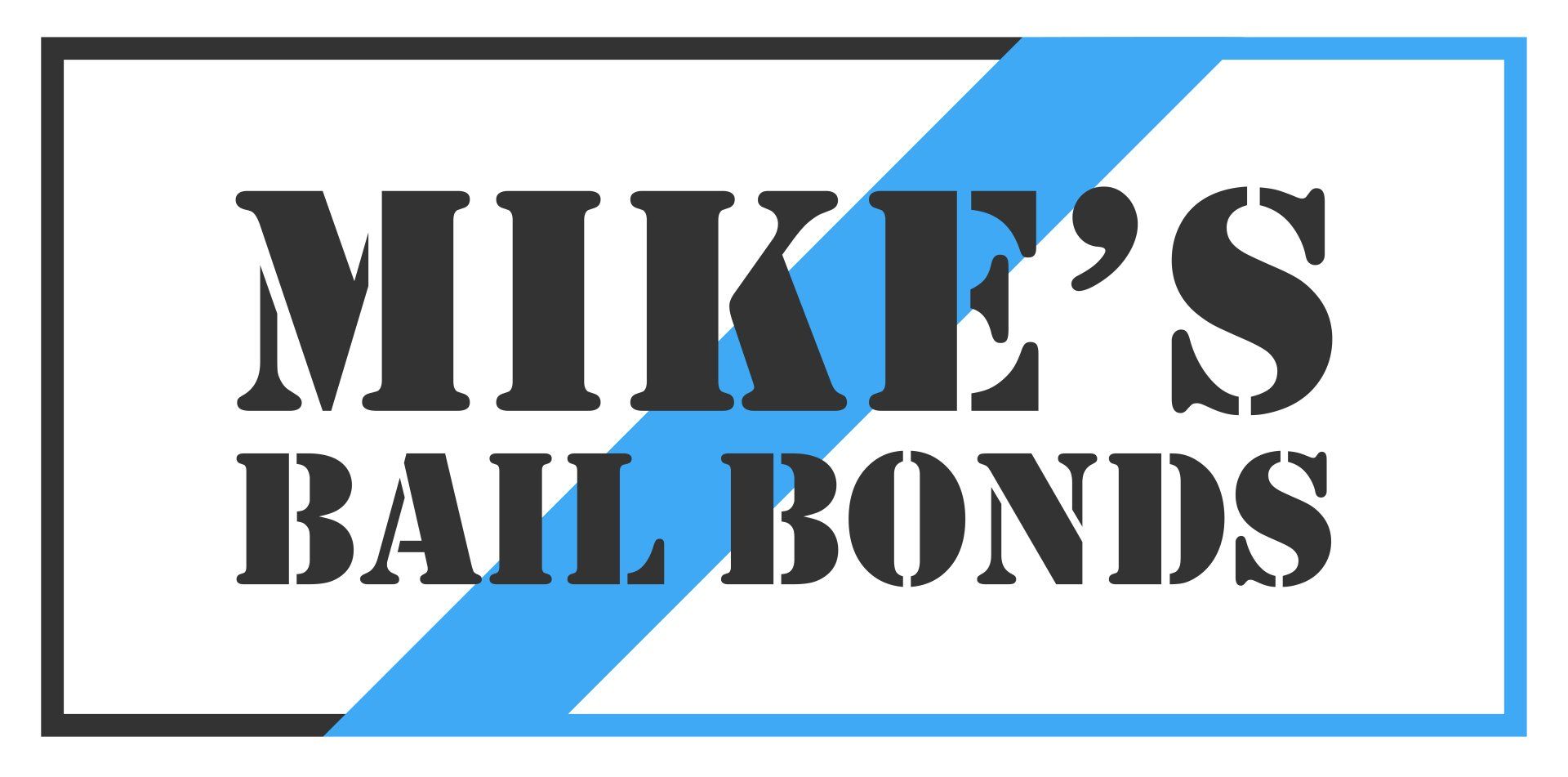disorderly conduct bail bonds
Contact Us Today
For more information or to contact us now, call us at (860) 855-6453 or click the button below to contact us online.
Bail Bonds for Disorderly Conduct Charges
Disorderly Conduct Bail Bonds in Middletown, CT
Classified as a class C misdemeanor, disorderly conduct charges aren’t considered as severe as other charges. This does not mean jail time won’t occur, a suspect can await trial in a jail cell. At Mike’s Bail Bonds, we want to release your loved one from extra time in jail, and have them spend extra time with you before their trial.
Determining Bail Bond Amount
The maximum sentence for a disorderly conduct charge in Connecticut is 3 months in jail, alongside a $500 fine. This is a charge not as severe as murder or a felony. With that being said, bail shouldn’t be an outrageous amount. The judge uses factors like these to increase it if they feel needed:
After the bail amount is determined, we can then begin the release process. This is where Mike’s Bail Bonds can hurry the process, without losing attention to detail.
What To Do Right After an Arrest
If your loved one has been arrested for disorderly conduct, acting quickly can make a big difference. Start by finding out where they’re being held and what the charges involve. From there, contact a trusted bail bond agency like Mike's Bail Bonds. We’ll walk you through the bail process, explain any conditions of release, and begin working on securing their freedom right away—so they spend less time in jail and more time preparing for court with your support.
How Much Is Bail For Disorderly Conduct in CT?
In Connecticut, bail for disorderly conduct, a charge often considered less severe than other criminal offenses, tends to be relatively low. Typically, bail amounts for disorderly conduct can range from a promise to appear in court without any financial requirement to several hundred or a few thousand dollars, depending on the incident's specifics and the defendant's criminal history. Factors influencing the bail amount include the nature of the disorderly conduct, whether it involved a threat to public safety, and the defendant's previous interactions with the legal system. Judges have the discretion to adjust bail based on the defendant's ability to pay, perceived flight risk, and any mitigating circumstances presented during the bail hearing. Individuals charged with disorderly conduct are advised to consult with a legal professional to understand their rights and the bail process in Connecticut better.
What Happens After a Disorderly Conduct Arrest?
After a disorderly conduct arrest, the defendant is typically taken into custody, where they will await a bail hearing. During this time, the court reviews the circumstances of the case, including any prior history and the severity of the incident, to set bail. Once bail is determined, working with an experienced bail bond company like Mike's Bail Bonds can help secure a quick release, allowing the defendant to prepare for their court appearances while resuming daily responsibilities.
Common Questions
At Mike’s Bail Bonds, we created a process to help you get back to your loved one as quickly as possible. This may be your first time involved with a bail bonds company. We would like to answer some commonly asked questions you may find helpful.
The bail is higher than I anticipated. What should I do?
We will help you lessen the amount needed to be paid. We will also help you with a payment plan if needed. At Mike’s Bail Bonds, we plan to release your loved one as soon as we can. We want to assist with bail, where we can.
Is there a law that prevents bail from being unfairly high?
Yes! There is a law that prevents this, it is located in the
U.S Constitution. Judges have been known to ignore this and give out bail at an immense price. They do this when they feel the suspect is a danger to society.
Who can be a co-signer?
A cosigner can be anyone! There doesn’t need to be a form of relation to be a cosigner.
We hope that these questions answered some of the concerns you may have. At Mike's Bail Bonds
we always look to the customers first. Our goal is to make this process as quick as possible.
Don't Wait Anymore!
Once the bond is approved by the court, your loved one will be released. Our professionals continue to help you from there if needed. We strive for intricate communication and swift releases.
Call us at 860-855-6453 to release your loved one today! At Mike’s Bail Bonds, we do everything right, to get your loved one back by night!
For more information about disorderly conduct bail bonds or contact us now, call us at (860) 855-6453 or visit our contact page.
